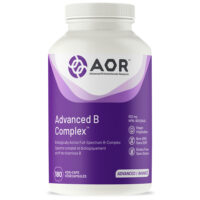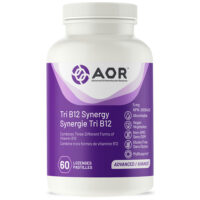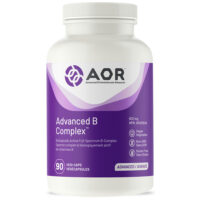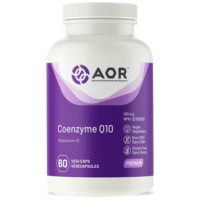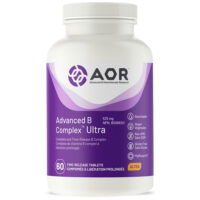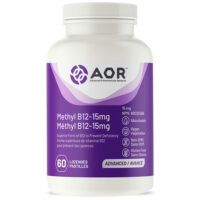Summer allergies can be brutal. While many people enjoy the flowers blooming and the vibrant colors that spring brings, many others are plagued by itchy, watery eyes, coughing, sneezing, rashes, and other annoying effects of spring allergies. While you may never be able to totally get rid of your allergies, there are ways your can reduce your symptoms and bring back the beauty and fun of spring.
The easiest way to ease allergy symptoms is to stay away from what’s causing your allergies altogether. By tracking your symptoms, you can figure out what symptoms are caused by what trigger and avoid it. You probably already know that your allergies are worse when local trees or bushes are flowering. However, knowing that your allergies get worse for a specific tree or plant will help you avoid specific times and gain more time outdoors that would otherwise be spent hiding inside. While it isn’t usually very specific, allergy testing is a great tool for figuring out what causes your allergy flare-ups.
Another great tool to avoid allergens is to learn about the pollen count and how to use it. Some days are just worse than others if you are allergic to pollen. Many TV stations and websites will post the daily pollen count. With a quick look, you will learn if you should take extra medication that day or even just plan indoor activities. It won’t make the allergies go away, but it’s a great way to help you work with them.
Keep outside air outside. It may help keep down your summer energy bills to open windows and use fans instead of air conditioning, but it doesn’t pay when it comes to your allergies. Not only are the pollens being brought in the house and into your body, they also can get caught in furniture, carpets and other soft surfaces.
If your allergy medication used to work, but now just doesn’t seem to cut it, try switching to something new. Many people build up a tolerance to allergy medications. Switching to a new product may just be enough to keep symptoms away. You can also try adding an extra allergy medicine, like a nasal spray, when you know the allergens will be bad.
If your allergy medicine works, but seems to need that extra boost, try giving your body some extra oomph through a proper diet. Foods rich in omega 3 fatty acids and quercitin have been shown to reduce allergy symptoms. Plus, eating these can help you live an overall healthy lifestyle and fight off illness.
If medicines and other alternatives don’t do much to relieve your allergy symptoms, you could look into allergy shots. These are weekly injections of a small amount of the allergens that cause your symptoms. By slowly introducing small amounts of these substances, you gradually build up a tolerance. The catch? They take several years to fully work and you’ll probably have to take allergy medicine until treatment is done. Plus you have to have weekly doctor’s visits that your insurance may not cover.
By adding a few steps to your day, you can reduce the pain and suffering caused by your allergies.


